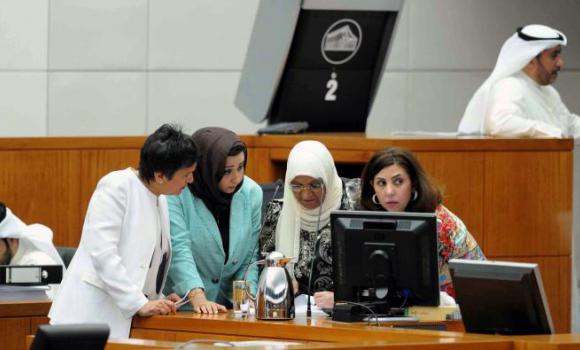
Kuwait City, Mar 21: Kuwait, where expats make up 68 percent of the population, plans to reduce the number of foreigners living in the Gulf state by 1 million over the next decade, a minister said.
“The ministry will take decisions and measures... aimed at reducing the number of expatriate workers by 100,000 every year for 10 years to reach one million,” Social Affairs and Labour Minister Thekra Al-Rasheedi told the KUNA news agency.
The measures were to be taken to “eliminate the phenomenon of a marginal workforce,” she said.
Kuwait has a foreign population of 2.6 million, 55 percent of whom are Asians and 40 percent Arabs, against 1.2 million natives, according to the latest official figures cited by AFP.
There are 1.8 million foreign workers in the state, the overwhelming majority of whom are Asians working in menial jobs. More than 600,000 are domestic helpers.
Around 1.7 million expat workers are employed in the private sector while around 80 percent of national workforce of 350,000 work in the government.





Comments
Add new comment